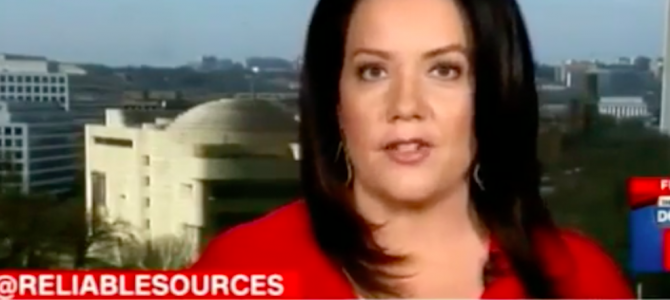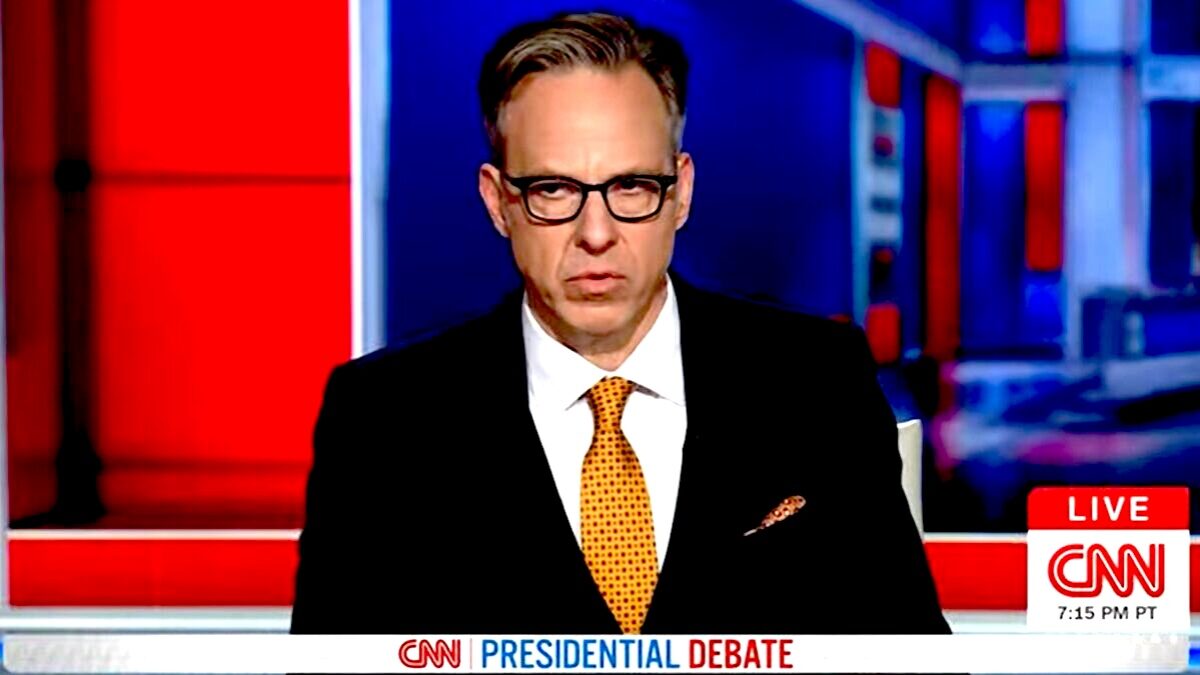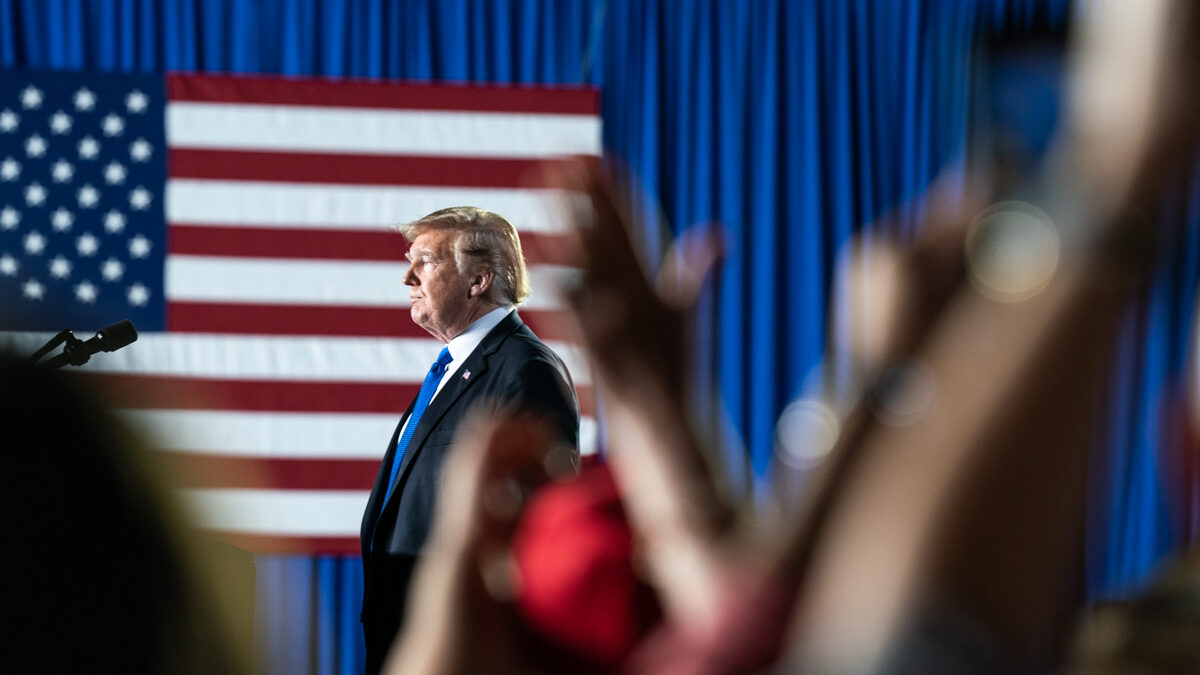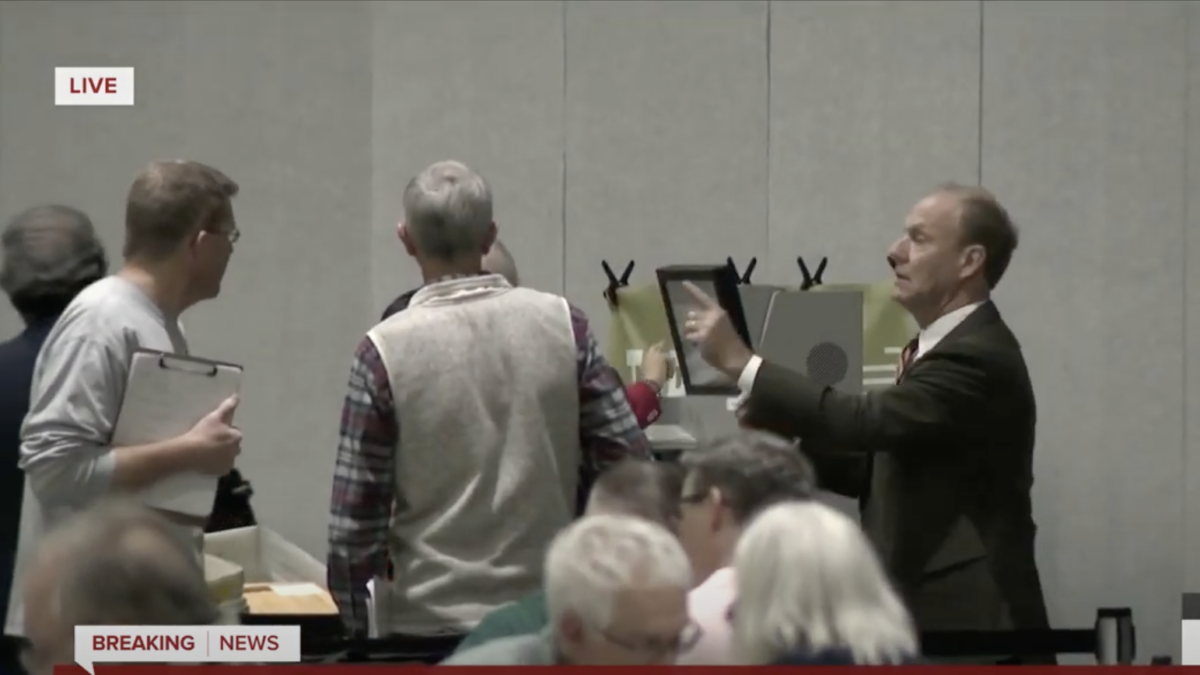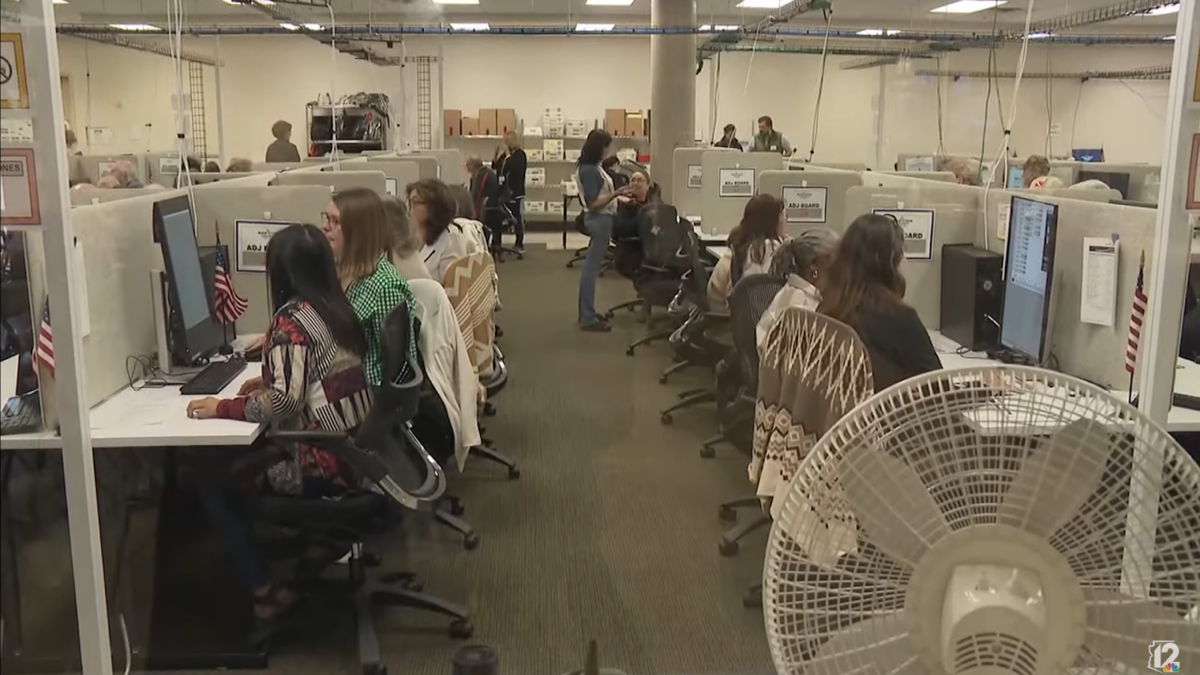Federalist Senior Editor Mollie Hemingway joined CNN’s “Reliable Sources” on Sunday to discuss BuzzFeed’s decision to publish unverified and uncorroborated information about Donald Trump’s alleged ties to Russia.
Hemingway discussed BuzzFeed editor Ben Smith’s comments about his publication’s decision to publish a document containing allegations against Trump.
“He is right: pushing unreliable stories to advance a highly partisan narrative is what too many journalists are doing,” she said. “But he did have a good point when he talked about how this information that BuzzFeed provided did add context and meaning to the story.”
“The original CNN story sounded so unbelievably bad — like Russians had the goods on Trump and the CIA was taking it very seriously,” she said. “BuzzFeed publishes the dossier. . . and people could see for themselves how ridiculous, how preposterous, how immediately debunk-able some of the most outrageous or important claims were.”
“It cast doubt, not on CNN, but on the intelligence community and what they’re doing exactly,” Hemingway said. “Obviously they’re leaking like sieves in an ongoing war against the president [elect]. So BuzzFeed kind of pulled the curtain back, showing how the intelligence community — particularly the more partisan brass, not the intelligence officers who do the good work — how they use the media to punish or destroy their political enemies.”
“That is a very important journalistic story, and one that I think should be covered as journalists are sort of cooperating with this intelligence community campaign against the president [elect],” she said. “As we take this information from them we should also apply skepticism.”
Asked if she thought intelligence officials were pushing these stories, Hemingway said U.S.Director of National Intelligence James “Clapper is a guy who lied to Congress about whether he was spying on them, he lied under oath about whether he was collecting information on hundreds of millions of Americans. We’ve had the intelligence community get in trouble for some political decisions about releasing information on Syria, creating an echo chamber to push the Iran deal. So as we take this information from them, we should also be applying skepticism and that’s something that’s not just right now but really going back decades. It’s a lesson we keep failing to learn.”
